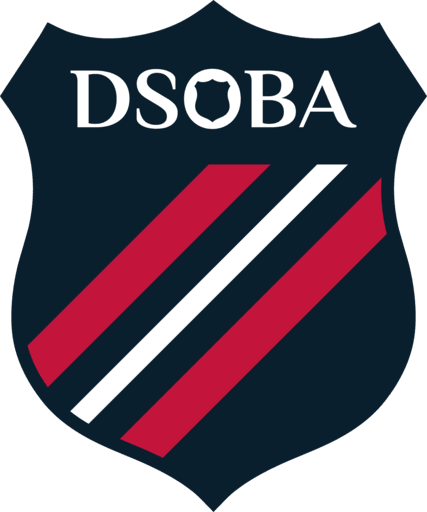Tribute to Jimmy Lowcock – Cheng Tai Pui, Class of 64
FROM CHENG TAI PUI, CLASS OF 64
MEMORIES OF MY DAYS WITH A VERY YOUNG MR LOWCOCK AT DBS FLICKERED ON MY MIND AS HIS BODY PASSED BY AMID THE SINGING OF OUR SCHOOL HYMN. MANY PEOPLE SOBBED. WE ALL MISSED A MAN WHO ONCE LIGHT UP OUR LIVES, AND FILLED US UP WITH PATERNAL LOVE. AS I RECALLED HOW HE WENT OUT OF HIS WAY AS HEADMASTER TO GENTLY HOLD MY SWOLLEN HAND IN HIS AND GIVE IT A 20 MINUTE MASSAGE DURING CLASS, I COULD NO LONGER FIGHT BACK MY TEARS. GOOD BYE, MR LOWCOCK, MY DEAREST ALUMNI, TEACHER, HEADMASTER AND ABOVE ALL, SON OF DBS. MAY YOU REST EVER PEACEFULLY IN GOD’S EMBRACE.
